Trece Sentidos – (Spanish)
$15.99
En un deslumbrante relato de pasion, Trece Sentidos de Victor Villasenor continua la estipulante epopeya familiar que empezo con el ampliamente reconocido bestseller Lluvia de Oro. Trece Sentidos abre con las bodas de oro del ya mayor Salvador y su elegante esposa, Lupe. Cuando un joven sacerdote le pide a Lupe que repita la sagrada frase ceremonial ‘respetar y obedecer,’ Lupe se sorprende a si misma al contestar–!No, no voy a decir obedecer! !Como se atreve! !Ah, no! !Usted no me va a hablar asi despues de cincuenta anos de matrimonio y sabiendo lo que se!–. Asi, la familia Villasenor se ve forzada a examinar el amor que Lupe y Salvador han compartido por tantos a nos: un amor universal, entrnable y sincero que eventualmente dara energia e inspiracion a la pareja en su vejez.
in stock within 3-5 days of online purchase
SKU (ISBN): 9780060505110
ISBN10: 0060505117
Language: Spanish
Victor Villasenor | Translator: Alfonso Gonzalez
Binding: Trade Paper
Published: October 2004
Publisher: Harper Collins Publishers
Print On Demand Product
Related products
-
10 Commandments Of Progressive Christianity
$7.99A cautionary look at ten dangerously appealing half-truths.
In 1923, J. Gresham Machen, then a professor at Princeton Seminary, wrote his classic text, Christianity and Liberalism. The book was a response to the rise of liberalism in the mainline denominations of his own day. Machen argued that the liberal understanding of Christianity was, in fact, not just a variant version of the faith, nor did it represent simply a different denominational perspective, but was an entirely different religion. Put simply, liberal Christianity is not Christianity.
What is remarkable about Machen’s book is how prescient it was. His description of liberal Christianity–a moralistic, therapeutic version of the faith that values questions over answers and being “good” over being “right”–is still around today in basically the same form. For this reason alone the book should be required reading, certainly for all seminary students, pastors, and Christian leaders.
Although its modern advocates present liberal Christianity as something new and revolutionary, it is nothing of the sort. It may have new names (e.g., “emerging” or “progressive” Christianity), but it is simply a rehash of the same well-worn system that has been around for generations.
The abiding presence of liberal Christianity struck me not long ago when I came across a daily devotional from Richard Rohr that listed ten principles he thinks modern Christianity needs to embody. These ten principles are actually drawn from Philip Gulley’s book, If the Church Were Christian: Rediscovering the Values of Jesus. In that devotional series, ironically titled “Returning to Essentials,” Rohr sets forth the ten principles as a kind of confessional statement of modern liberalism (while at the same time pretending to deplore confessional statements). They are, in effect, a Ten Commandments for progressive Christianity.
Indeed, these ten sound like they were gathered not so much on the mountaintop as in the university classroom. They are less about God revealing his desires and more about man expressing his own–less Moses, more Oprah.
But take note: each of these commandments is partially true. Indeed, that is what makes this list, and progressive Christianity as a whole, so challenging. It is a master class in half-truths that sound appealing on the surface until you dig down deeper and really explore their foundations and implications. Benjamin Franklin was right when he quipped, “Half the truth is often a
Add to cartin stock within 3-5 days of online purchase
-
Gods Politics
$14.95Since when did believing in God and having moral values make you pro-war, pro-rich, and pro-Republican? And since when did promoting and pursuing a progressive social agenda with a concern for economic security, health care, and educational opportunity mean you had to put faith in God aside?
While the Right in America has hijacked the language of faith to prop up its political agenda-an agenda not all people of faith support-the Left hasn’t done much better, largely ignoring faith and continually separating moral discourse and personal ethics from public policy. While the Right argues that God’s way is their way, the Left pursues an unrealistic separation of religious values from morally grounded political leadership. The consequence is a false choice between ideological religion and soulless politics.
The effect of this dilemma was made clear in the 2004 presidential election. The Democrats’ miscalculations have left them despairing and searching for a way forward. It has become clear that someone must challenge the Republicans’ claim that they speak for God, or that they hold a monopoly on moral values in the nation’s public life. Wallis argues that America’s separation of church and state does not require banishing moral and religious values from the public square. In fact, the very survival of America’s social fabric depends on such values and vision to shape our politics-a dependence the nation’s founders recognized.
God’s Politics offers a clarion call to make both our religious communities and our government more accountable to key values of the prophetic religious tradition-that is, make them pro-justice, pro-peace, pro-environment, pro-equality, pro-consistent ethic of life (beyond single issue voting), and pro-family (without making scapegoats of single mothers or gays and lesbians). Our biblical faith and religious traditions simply do not allow us as a nation to continue to ignore the poor and marginalized, deny racial justice, tolerate the ravages of war, or turn away from the human rights of those made in the image of God. These are the values of love and justice, reconciliation, and community that Jesus taught and that are at the core of what many of us believe, Christian or not. In the tradition of prophets such as Martin Luther King Jr., Dorothy Day, and Desmond Tutu, Wallis inspires us to hold our political leaders and policies accountable by integrating our deepest moral convictions into our nation’s public life.
Add to cartin stock within 3-5 days of online purchase
-
Soul Searching : The Religious And Spiritual Lives Of American Teenagers
$140.00Winner of the 2006 Christianity Today Book Award for Christianity and Culture Description
In most discussions and analyses of American teenage life, one major topic is curiously overlooked–religion. Yet most American teens say that religious faith is important in their lives. What is going on in the religious and spiritual lives of American teenagers? What do they actually believe? What religious practices do they engage in? Do they expect to remain loyal to the faith of their parents? Or are they abandoning traditional religious institutions in search of a new, more “authentic” spirituality?
Answering these and many other questions, Soul Searching tells the definitive story of the religious and spiritual lives of contemporary American teenagers. It reports the findings of The National Study of Youth and Religion, the largest and most detailed such study ever undertaken. Based on a nationwide telephone survey of teens and their parents, as well as in-depth face-to-face interviews with more than 250 of the survey respondents, Soul Searching shows that religion is indeed a significant factor in the lives of many American teenagers. Chock full of carefully interpreted interview data and solid survey statistics, Soul Searching reveals many surprising findings. For example, the authors find that teenagers are far more influenced by the religious beliefs and practices of their parents and other adults than is commonly thought. They challenge the conventional wisdom that many teens today are “spiritual seekers.” And they show that greater teenage religious involvement is significantly associated with more positive adolescent life outcomes.
Soul Searching reveals the complexity of contemporary teenage religious life, showing that religion is widely practiced and positively valued by teens, but also de-prioritized and very poorly understood by them, yet significant nonetheless in shaping their lives. More broadly, Soul Searching describes what appears to be a major transformation of faith in the U.S., away from the substance of historical religious traditions and toward a new and quite different faith the authors call “Moralistic Therapeutic Deism.”Add to cartin stock within 3-5 days of online purchase

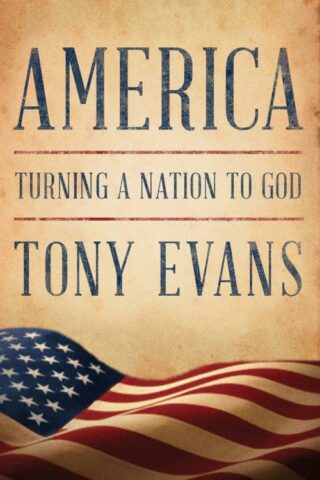 America : Turning A Nation To God
America : Turning A Nation To God
 AI Bible Journaling Bible Foliage Watercolor Stamp Set
AI Bible Journaling Bible Foliage Watercolor Stamp Set
 Little Book Of Great Dates
Little Book Of Great Dates
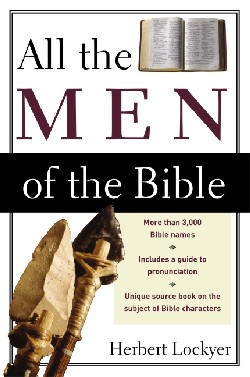 All The Men Of The Bible
All The Men Of The Bible
 God Cares For Me For Girls
God Cares For Me For Girls
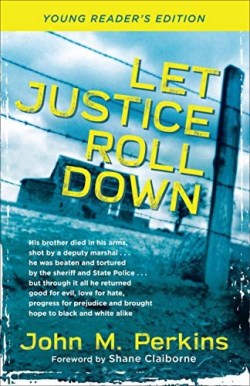 Let Justice Roll Down Young Readers Edition
Let Justice Roll Down Young Readers Edition
 Go Bible
Go Bible
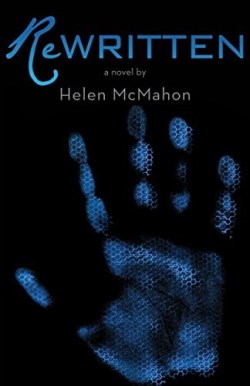 Rewritten : A Novel
Rewritten : A Novel
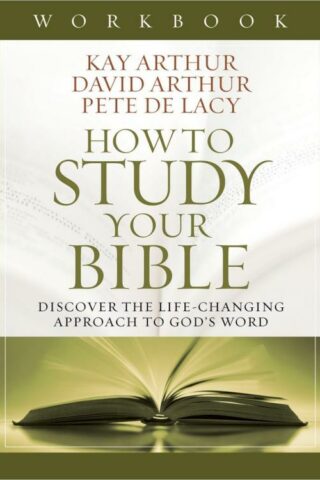 How To Study Your Bible Workbook (Workbook)
How To Study Your Bible Workbook (Workbook)
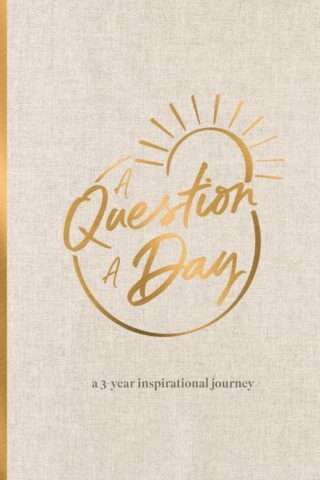 Question A Day
Question A Day
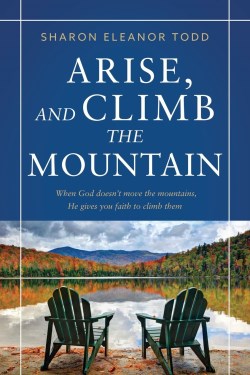 Arise And Climb The Mountain
Arise And Climb The Mountain
 Noble Things Lavender Floral Stainless Steel Tumbler Proverbs 31:29
Noble Things Lavender Floral Stainless Steel Tumbler Proverbs 31:29
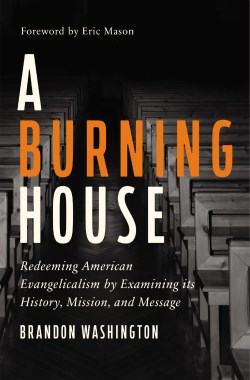 Burning House : Redeeming American Evangelicalism By Examining Its History,
Burning House : Redeeming American Evangelicalism By Examining Its History,
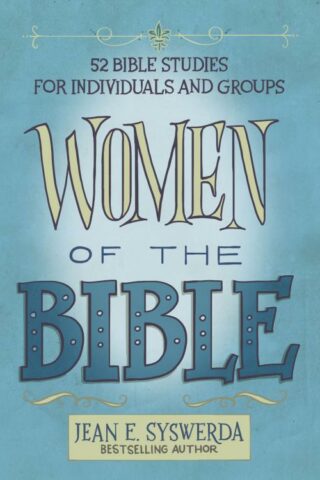 Women Of The Bible
Women Of The Bible
 Prayer Changes Things Large LED
Prayer Changes Things Large LED
 Chain Man Of God (Size 11 Ring)
Chain Man Of God (Size 11 Ring)
 Wabi Sabi Perfekt Family (Plaque)
Wabi Sabi Perfekt Family (Plaque)
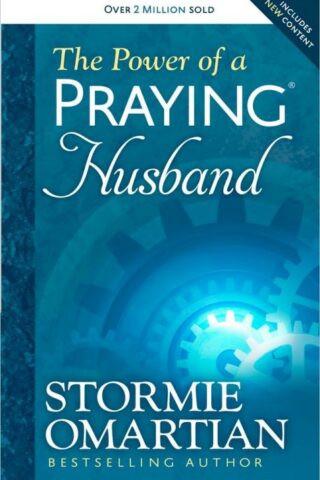 Power Of A Praying Husband
Power Of A Praying Husband
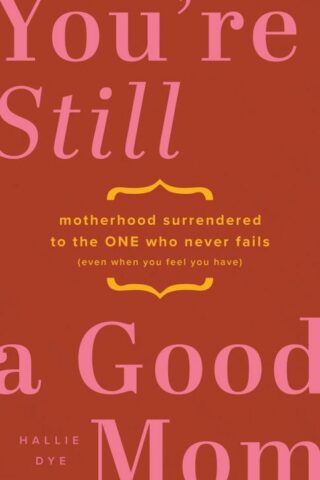 Youre Still A Good Mom
Youre Still A Good Mom
 Gods Promises For Graduates: Class Of 2023 Navy NKJV
Gods Promises For Graduates: Class Of 2023 Navy NKJV
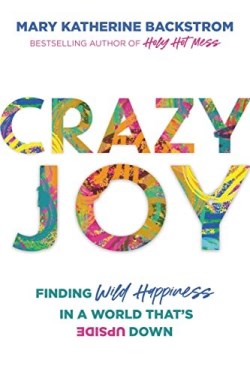 Crazy Joy : Finding Wild Happiness In A World That's Upside Down
Crazy Joy : Finding Wild Happiness In A World That's Upside Down
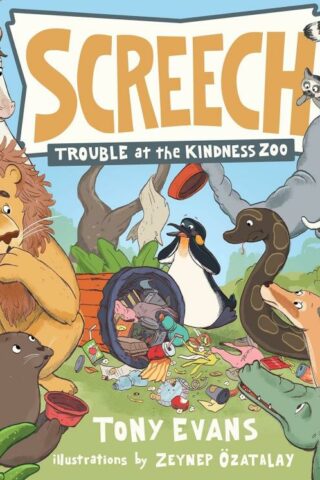 Screech : Trouble At The Kindness Zoo
Screech : Trouble At The Kindness Zoo
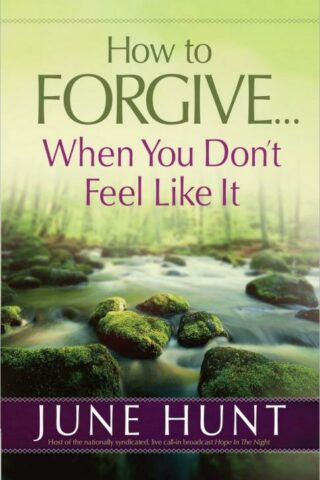 How To Forgive When You Dont Feel Like It
How To Forgive When You Dont Feel Like It
 We Are
We Are
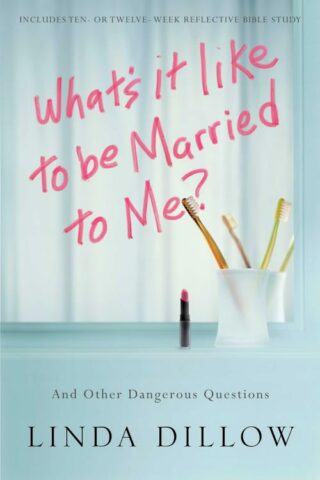 Whats It Like To Be Married To Me
Whats It Like To Be Married To Me
 NIV The Message Parallel Bible
NIV The Message Parallel Bible
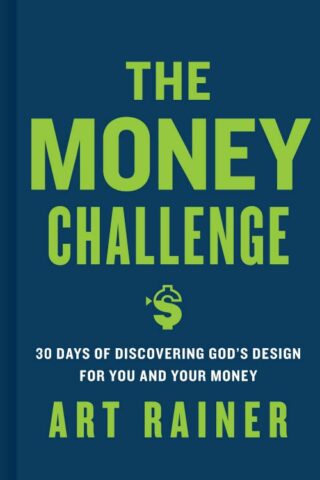 Money Challenge : 30 Days Of Discovering Gods Design For You And Your Money
Money Challenge : 30 Days Of Discovering Gods Design For You And Your Money
 My Biggest Questions About God
My Biggest Questions About God
 Deluxe Gift Bible
Deluxe Gift Bible
 Handwriting Be Still (Size 7 Ring)
Handwriting Be Still (Size 7 Ring)
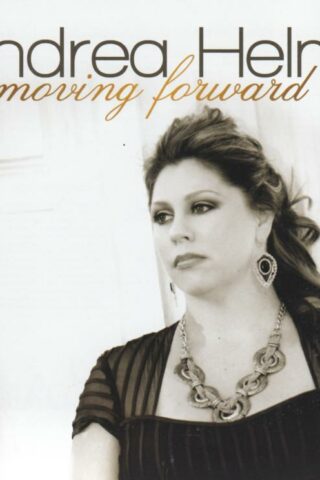 Moving Forward
Moving Forward
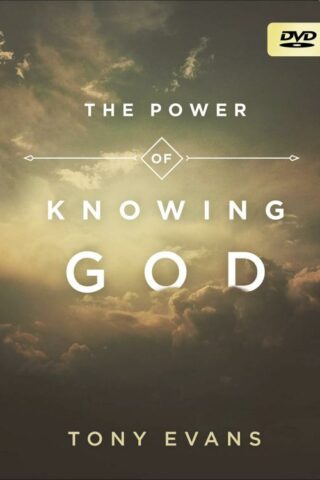 Power Of Knowing God (DVD)
Power Of Knowing God (DVD)
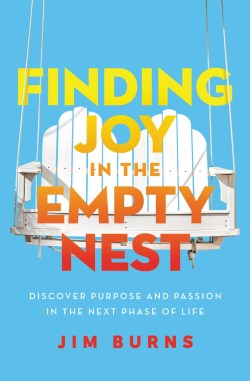 Finding Joy In The Empty Nest
Finding Joy In The Empty Nest
 Praying Lamb
Praying Lamb
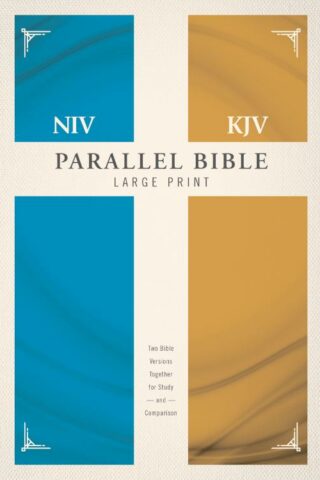 NIV And KJV Parallel Bible Large Print
NIV And KJV Parallel Bible Large Print
![602547936172 Love Has A Name [Live]](https://ocbfbookstore.org/wp-content/uploads/2024/11/602547936172-320x480.jpg) Love Has A Name [Live]
Love Has A Name [Live]
 Peace On Earth A Christmas Collection
Peace On Earth A Christmas Collection
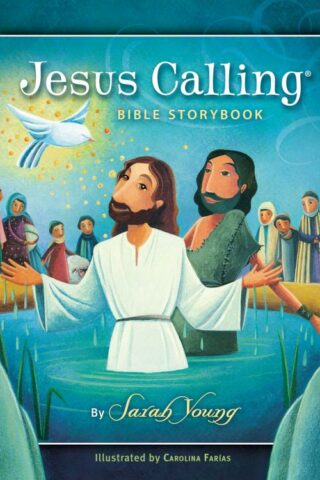 Jesus Calling Bible Storybook
Jesus Calling Bible Storybook
 Fully Known Fully Loved Pen Set
Fully Known Fully Loved Pen Set
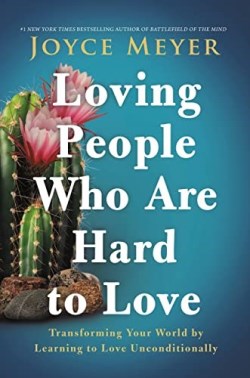 Loving People Who Are Hard To Love
Loving People Who Are Hard To Love
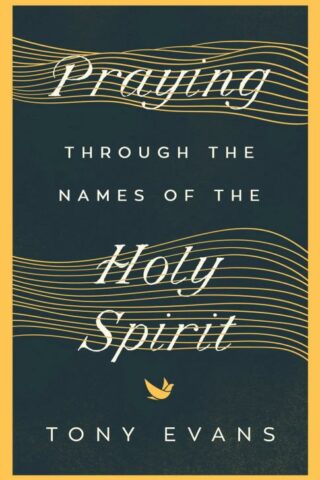 Praying Through The Names Of The Holy Spirit
Praying Through The Names Of The Holy Spirit
 Kingdom Heroes Workbook (Workbook)
Kingdom Heroes Workbook (Workbook)
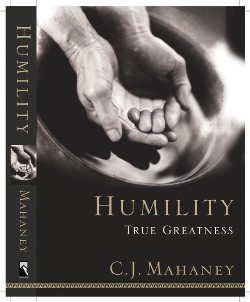 Humility : True Greatness
Humility : True Greatness
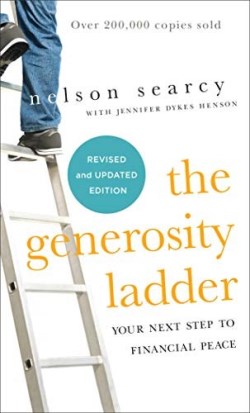 Generosity Ladder : Your Next Step To Financial Peace
Generosity Ladder : Your Next Step To Financial Peace
 Lauren Daigle
Lauren Daigle
 Family Framed Tabletop Christian Verse
Family Framed Tabletop Christian Verse
 Handwriting Be Still (Size 6 Ring)
Handwriting Be Still (Size 6 Ring)
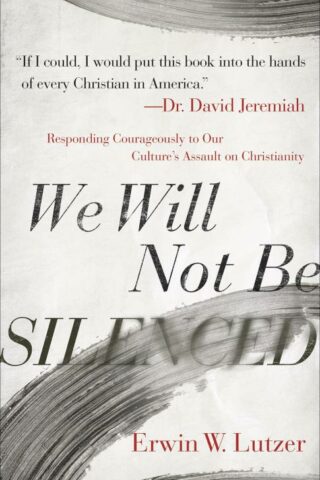 We Will Not Be Silenced
We Will Not Be Silenced

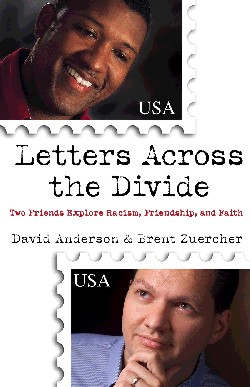

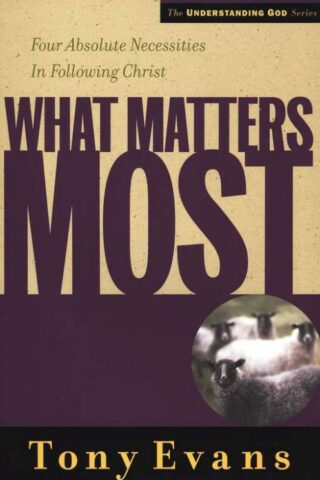
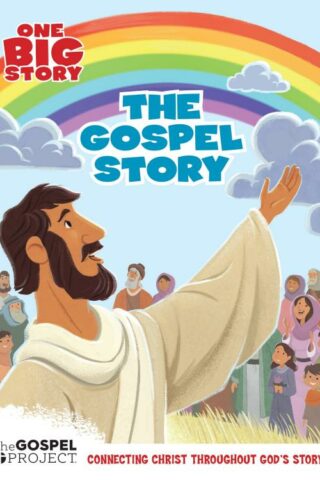

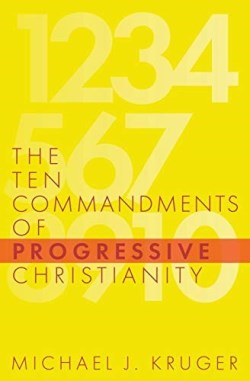
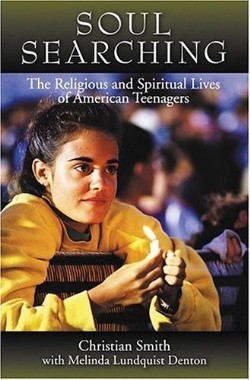
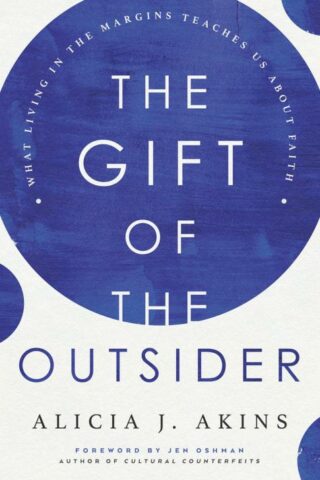
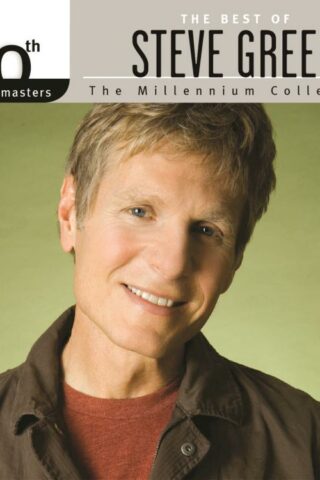

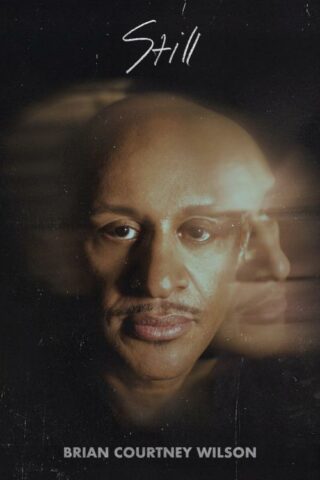
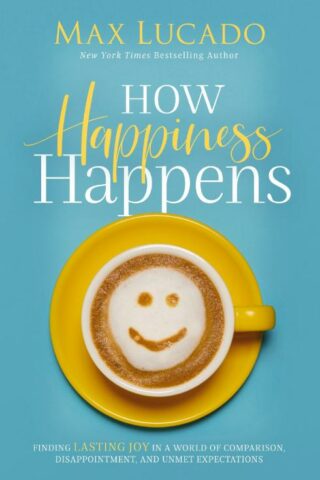
Reviews
There are no reviews yet.